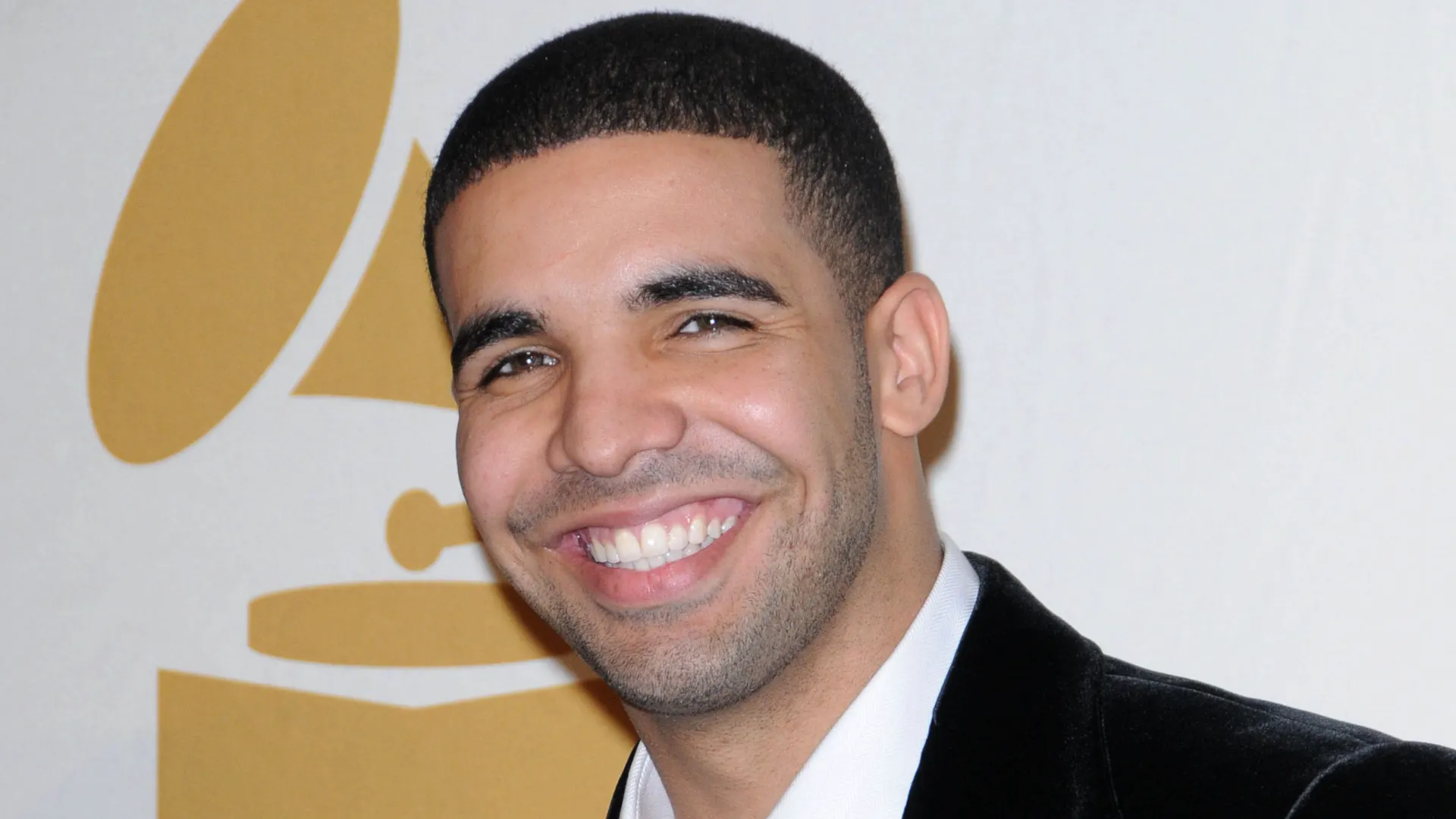A bipartisan group of United States senators banded together Thursday to propose a bill that would make it illegal, under federal law, to create an AI-crafted replica of another individual in any audiovisual format without that person’s consent.
The bill, dubbed the “No Fakes Act,” was drafted by Senators Marsha Blackburn (R-TN), Thom Thillis (R-NC), Amy Klobuchar (D-MN), and Chris Coons (D-DE), the last of whom currently serves as Chair of the Senate Judiciary Subcommittee on Intellectual Property.
If passed, any creator of an AI-generated song, photo, or video that purports to depict a person without obtaining that person’s permission would be liable to the tune of $5,000 per violation, plus any additional damages suffered by an injured party as a result of the violation. It also would apply to any individual until 70 years after their death.
“Creators around the nation are calling on Congress to lay out clear policies regulating the use and impact of generative AI, and Congress must strike the right balance to defend individual rights, abide by the First Amendment, and foster AI innovation and creativity,” Senator Coons said in a statement.
The act appears specifically targeted at, or motivated by, an AI-generated, fictional collaboration between musicians Drake and The Weeknd that went viral earlier this year. It was shortly thereafter yanked off of major music streaming platforms. Months later, the song—which was created without Drake or The Weeknd’s consent, by a pseudonymous TikTok user—appeared for a brief moment to be potentially poised for a Grammy nomination.
After some waffling, Harvey Mason Jr., the head of the Recording Academy—which runs the Grammys—announced that the song would not be eligible for awards, but only on a technicality: it hadn’t been made commercially available for long enough.
A statement released by Senator Coons explicitly cited the song, “Heart on My Sleeve,” as the exact type of content that would be made illegal under the No Fakes Act.
Several key stakeholders have already weighed in on the legislation. The Screen Actors Guild (SAG-AFTRA), the Hollywood actors’ union that is currently on strike against major studios for grievances including the lack of regulation of AI in the entertainment industry, issued a forceful endorsement of the bill Thursday.
“A performer’s voice and their appearance are all part of their unique essence, and it’s not OK when those are used without their permission,” SAG-AFTRA President Fran Drescher said in a statement. “Consent is key, and I’m grateful that Sens. Coons, Blackburn, Klobuchar and Tillis are working to give performers recourse and providing tools to remove harmful material.”
In recent months, myriad celebrities have issued condemnations of AI-generated imitations of their likenesses, both in scam-related and artistic contexts. Late last month, Hollywood writers gained key guarantees from studios about the use of AI in the writing of television and film scripts. The actors’ strike is still ongoing.

